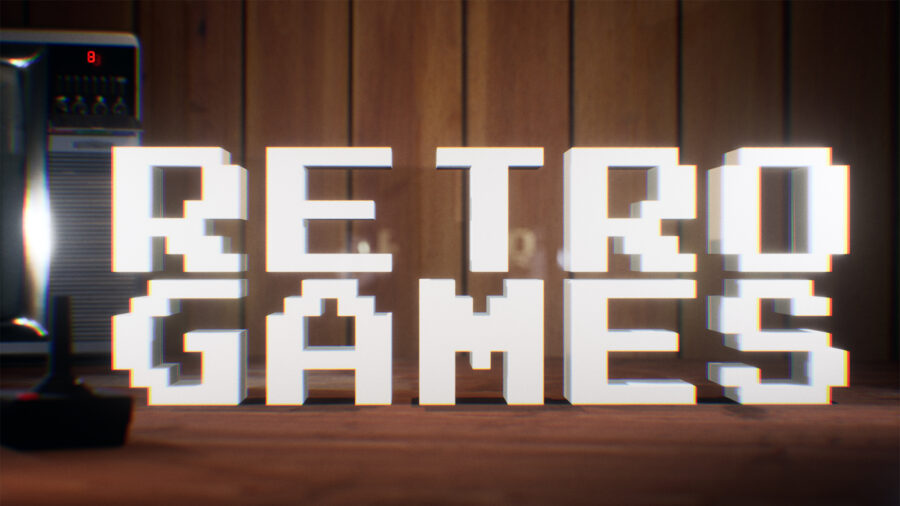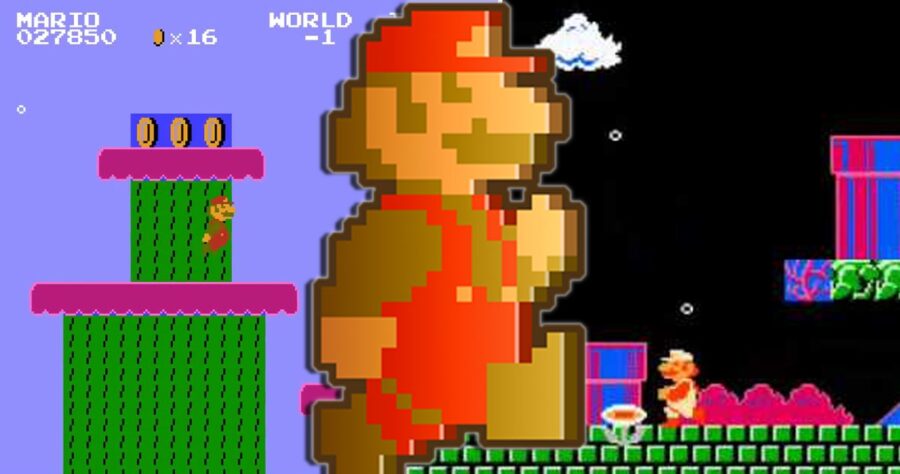Retro Games Sales Called Out As Major Scam
What's happening with the prices of retro games these days?
This article is more than 2 years old

Retro games, trading cards, and mint-condition comic books have been selling at auctions for hundreds of thousands and even millions of dollars; shattering world records one after the other as their value continues to grow. However, a surprise exposé video claims that skyrocketing gaming and comic book memorabilia values are artificially inflated by the companies responsible for evaluating and auctioning them. So maybe that first edition Pokemon card wasn’t as valuable as we initially thought.
YouTuber and GoldenEye 007 speedrunner Karl Jobst accused million-dollar retro game sales of being scams, with Wata Games and Heritage Auctions being at the center of a growing controversy surrounding vintage titles. According to Kotaku, Jobst’s YouTube expose outlined a series of apparent conflicts of interest between Wata Games, the agency in charge of grading retro games, and Heritage Auctions, the company that has been selling them at record-breaking prices.
The retro gaming price boom began some time ago, but it caught the attention of the press in April of this year when an unopened copy of Super Mario Bros was sold for over $600,000 through Heritage Auctions, as per our report. That particular record was broken just months later by the sealed copy of 1986’s The Legend of Zelda, which sold for $870,000, followed by a sealed copy of 1996’s Super Mario 64 for $1.56 million – both of which were sold through Heritage Auctions, a company which prides itself on transparency and being built by and for collectors. But what do all three retro games have in common, besides record-breaking prices? They were all sold through Heritage Auctions, and rated by Wata Games, a video game collectible grading company in close collaboration with Heritage.

It all began in 2017 when a sealed copy of Super Mario Bros was sold for $30,000 and had its value tripled by 2019, when it was acquired by Jim Halperin, the founder of Heritage Auctions, for a little over $100,000. It set a new record at gaming collectible prices, at least at the time, while also drumming up publicity of Heritage Auctions, who later touted the growing value of retro games and its crucial role in selling and auctioning them. Heritage Auctions also quoted Wata Games as the company that rated the condition of the said game while also certifying and rating other games for auction at Heritage Auctions. It’s worth noting that Wata Games previously had listed Halperin as an advisor to the grading agency while also listing Heritage Auctions as a business partner. But why does it matter?
Well, Wata Games charges a flat rate for their appraisal, plus an additional 2% of the “fair market value” of the game, capping at $100,000. Heritage Auctions makes commissions off selling these retro games, with 5% – 10% seller’s fee on the front end and a 20% buyer’s premium on the back end. And more expensive collectibles stand to make more profits for Wata and Heritage, incentivizing them to inflate the market prices through public commentary, press releases, and targeted record sales of vintage video game collectibles.
This led to market price inflation, in which genuine collectors of retro games fall victims to investors masquerading as vintage game collectors, ramping up bidding prices during auctions. Over time, since 2017, the very same Super Mario game originally appraised by Wata and sold by Heritage for $30,000 reached a skyscraping price of almost $2 million in 2021, changing several owners along the way. Wata was in charge of rating the game, while Heritage handled the sales. Each time.










